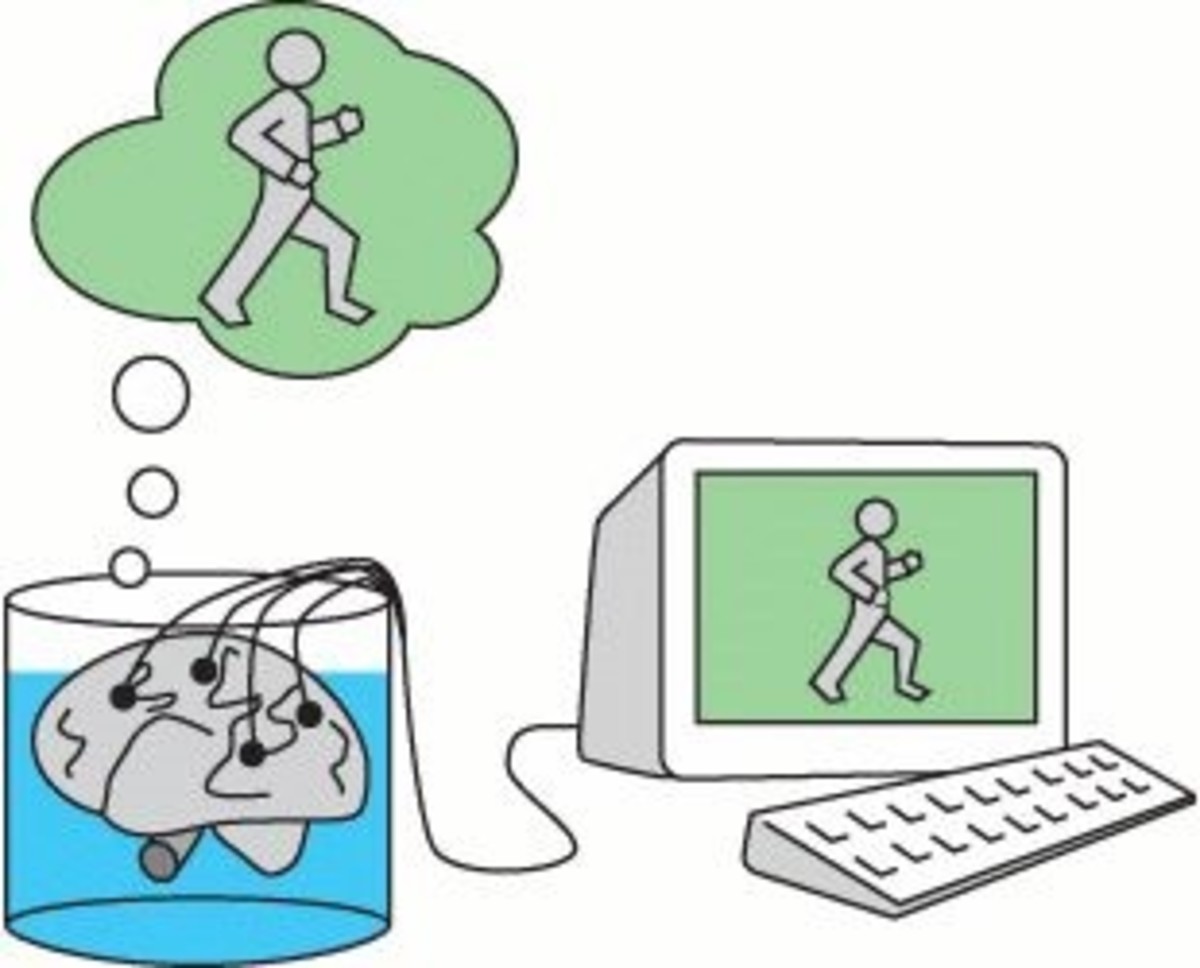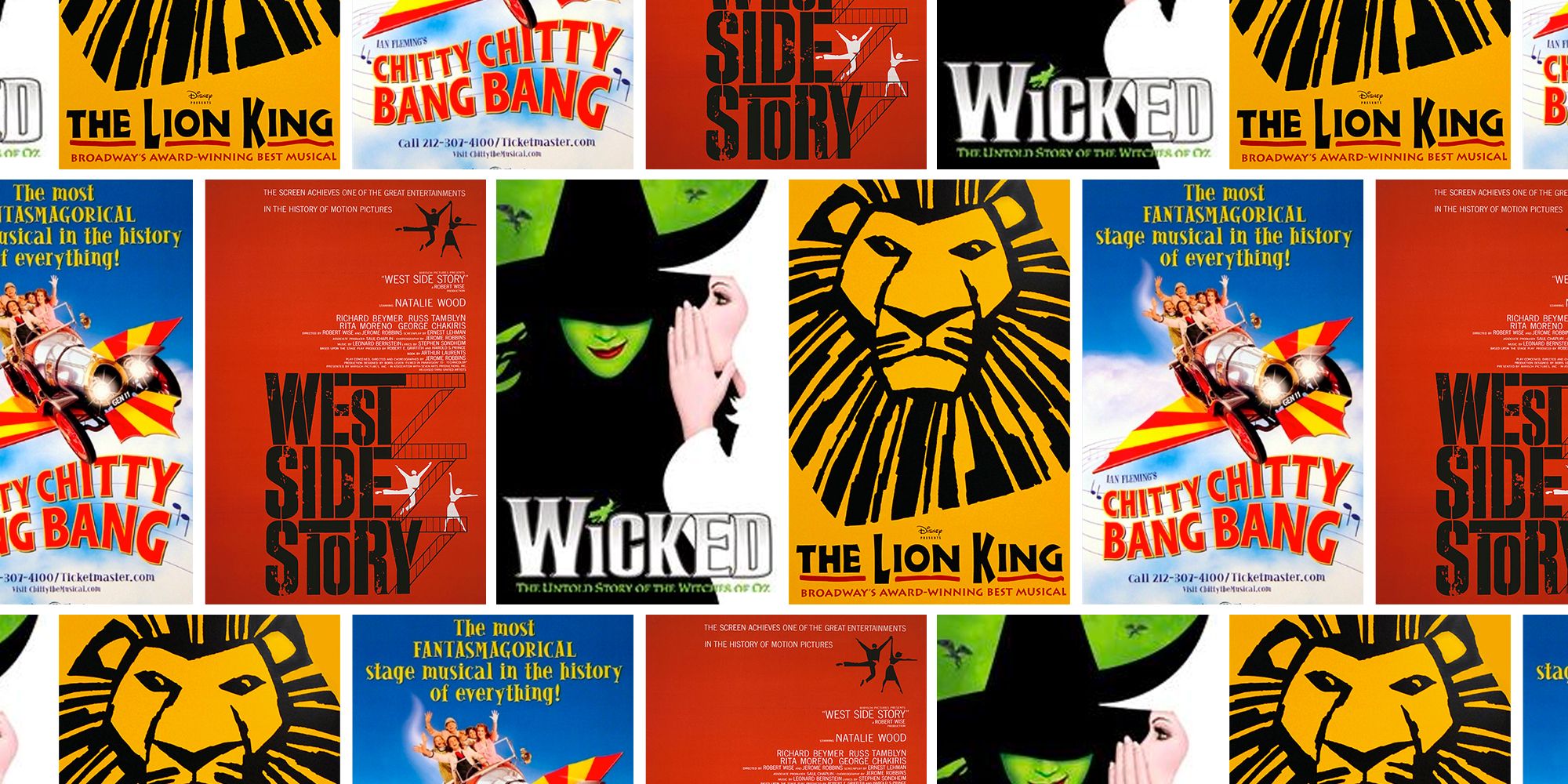Thought experiments are important tools for exploring philosophical concepts and theories. In this course, we will treat science fiction stories, novels, and films as extended thought experiments to explore some of the metaphysical, epistemological, and ethical questions surrounding virtual worlds (e.g. the Matrix), parallel universes, time travel, free will, and utopian societies. We will also read short stories and novel excerpts from sci-authors like Ted Chiang, Arthur C. Clarke, Ursula K. Le Guin, Robert A. Heinlein, and Aldous Huxley. Here are some of questions that we will grapple with:
What is reality?
Are virtual worlds part of reality?
Can we know whether we are in the Matrix?
What kinds of obligations (if any) do we have to digital persons?
Could we have free will in a deterministic computer program?
Is our sense of free will an illusion?
Should we plug into an experience machine that maximizes our pleasurable experiences?
Does science and/or philosophy provide us with good reasons to believe in parallel worlds?
Is time travel logically possible? Is it metaphysically possible?
What is the ideal kind of society? Should we try to bring it about?


